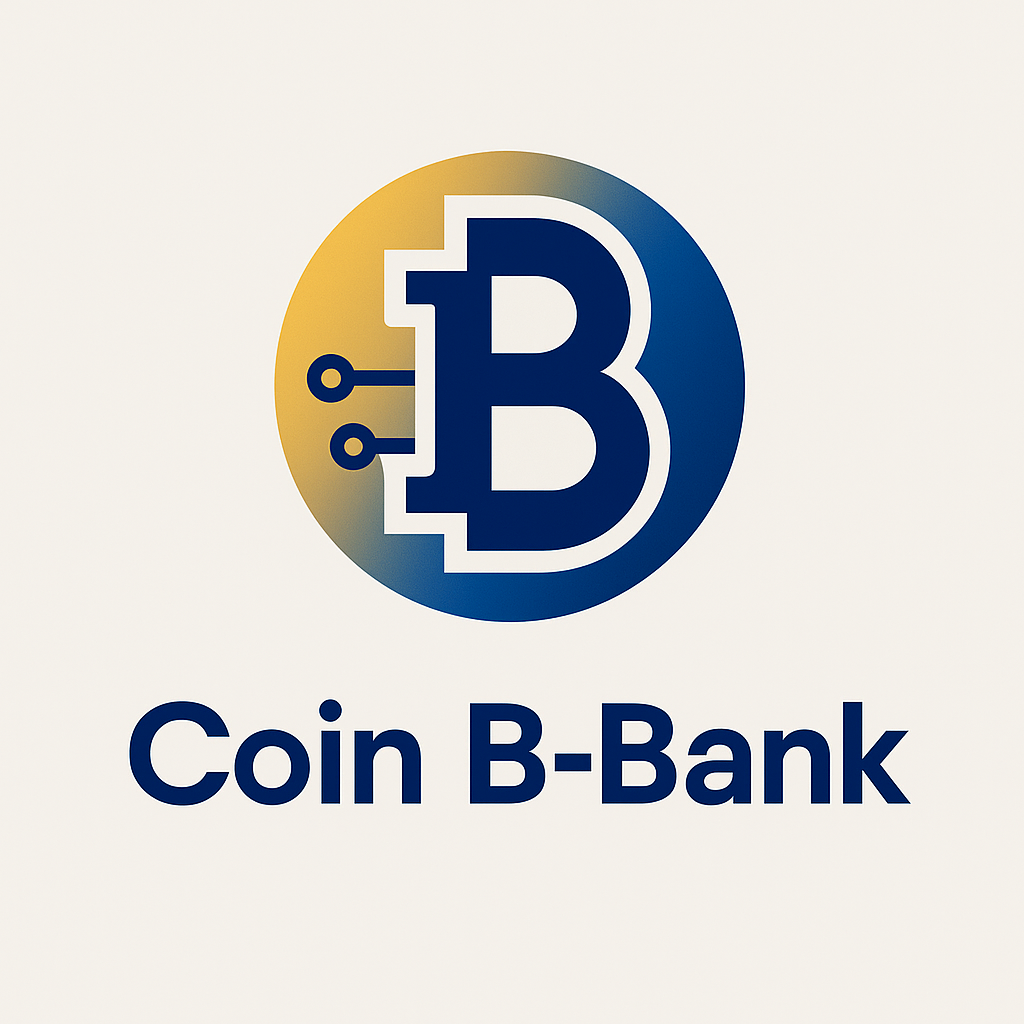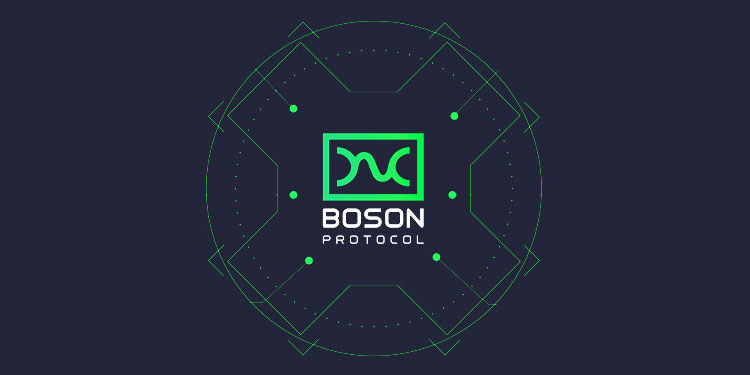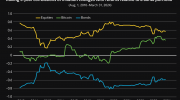In the ever-evolving landscape of digital commerce, the integration of blockchain technology has revolutionized how transactions occur and how businesses interact with consumers. One of the most promising innovations in this arena is the Boson Protocol, a decentralized platform designed to facilitate digital commerce through the power of cryptocurrency and smart contracts. This article delves into the core concepts of the Boson Protocol and its potential to transform the digital commerce sector.
What is Boson Protocol?
Boson Protocol is a decentralized network that aims to enable the seamless exchange of digital and physical goods using cryptocurrency. It operates on the principles of transparency, security, and efficiency, which are hallmarks of blockchain technology. By utilizing smart contracts, Boson Protocol allows for trustless transactions between buyers and sellers, eliminating the need for intermediaries.
Key Features of Boson Protocol
- Decentralization: Transactions are conducted on a peer-to-peer basis, leveraging the power of blockchain to reduce reliance on traditional financial institutions.
- Smart Contracts: Automated contracts that execute transactions when predefined conditions are met, ensuring trust and reducing the risk of fraud.
- Tokenization of Assets: Physical goods can be represented as digital tokens, making it easier to buy, sell, and trade them in the digital marketplace.
- Interoperability: Boson Protocol is designed to work with various blockchains, enhancing its usability across different platforms and ecosystems.
The Importance of Boson Protocol in Digital Commerce
As e-commerce continues to grow globally, the need for efficient, secure, and transparent transaction methods becomes increasingly critical. Boson Protocol addresses several key issues faced by the digital commerce industry:
1. Enhancing Trust and Security
In traditional online transactions, trust is often a significant concern. Boson Protocol mitigates this by using smart contracts, which automatically enforce the terms of agreements without the need for a trusted third party. This reduces the likelihood of disputes and creates a fairer marketplace.
2. Reducing Transaction Costs
By eliminating intermediaries, Boson Protocol can significantly reduce transaction fees associated with online purchases. This is particularly beneficial for small businesses and independent sellers who may struggle with high fees from traditional payment processors.
3. Facilitating Global Transactions
With the use of cryptocurrency, Boson Protocol allows businesses to reach a global audience without the barriers posed by currency conversion and international transaction fees. This opens up new markets for sellers and provides consumers with more choices.
4. Empowering Consumers and Merchants
The transparency and efficiency of Boson Protocol empower both consumers and merchants. Consumers can easily verify the authenticity of products through the blockchain, while merchants can streamline their operations and reduce overhead costs.
Use Cases of Boson Protocol
The Boson Protocol is versatile and can be applied across various sectors of digital commerce:
- Retail: Merchants can tokenize their products, allowing customers to purchase items directly with cryptocurrencies.
- Real Estate: Property transactions can be conducted via smart contracts, simplifying the process of buying and selling real estate.
- Digital Goods: Artists and creators can sell digital assets, such as artwork and music, directly to consumers without intermediaries.
- Services: Freelancers and service providers can leverage smart contracts to ensure payment upon completion of services rendered.
Challenges and Future Prospects
While Boson Protocol presents numerous opportunities, it also faces challenges that it must overcome to achieve widespread adoption:
- Regulatory Hurdles: The decentralized nature of cryptocurrency can lead to regulatory scrutiny, which may impact its implementation in various regions.
- Market Adoption: Gaining acceptance from both consumers and merchants is crucial for the success of Boson Protocol. Education and awareness are key factors.
- Technological Integration: Ensuring that Boson Protocol can seamlessly integrate with existing e-commerce platforms and technologies is essential for its growth.
Boson Protocol stands at the forefront of a new era in digital commerce, offering innovative solutions that enhance security, reduce costs, and empower users. As the world increasingly shifts towards digital transactions, Boson Protocol has the potential to drive significant change in how commerce is conducted. By addressing the challenges and leveraging its unique features, Boson Protocol could very well become a cornerstone of the future digital economy.
As businesses and consumers alike embrace this revolutionary approach, the possibilities for digital commerce are endless. The Boson Protocol could not only change how we buy and sell but also redefine the very essence of trust in commercial transactions.










